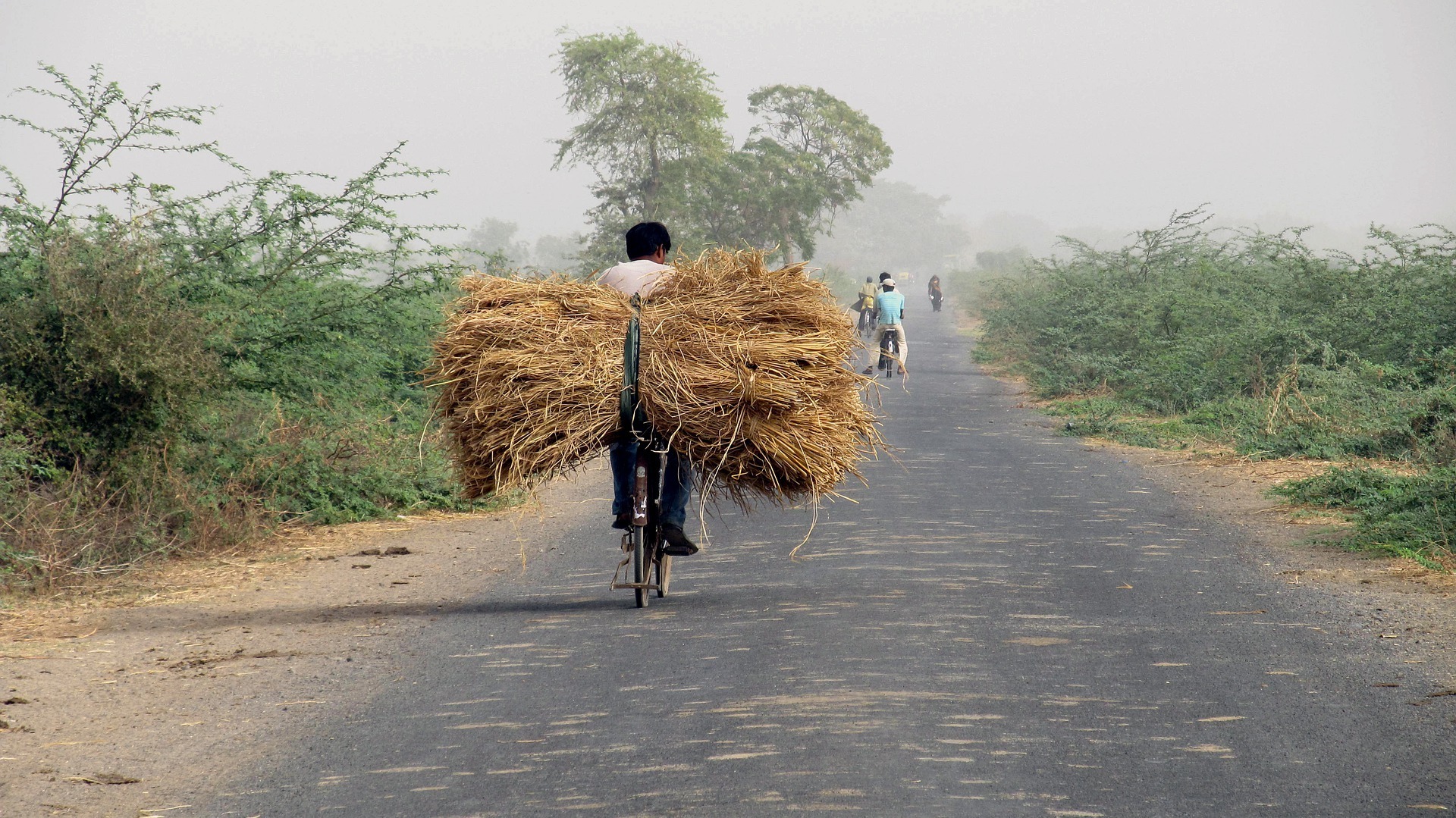The Chhattisgarh government’s plans to introduce a new anti-conversion bill have sparked intense debate and raised concerns about religious freedom and communal harmony in the state. The proposed legislation seeks to extend the provisions of the existing Chhattisgarh Dharma Swatantrya Adhiniyam of 1968, with more stringent measures aimed at curbing fraudulent religious conversions.
The draft, “Chhattisgarh Prohibition of Unlawful Religious Conversion Bill” contains several contentious provisions that have drawn criticism from civil rights groups and religious minorities. Under the proposed law, individuals seeking to convert would be required to obtain prior permission from the district magistrate at least 60 days in advance. Those performing conversion ceremonies would also have to provide advance notice.
Significantly, the bill places the burden of proof on the person conducting the conversion rituals to demonstrate that the conversion was not achieved through illegal means such as force, fraud or allurement. Violations could result in harsh penalties, including imprisonment of up to 10 years and fines of up to Rs 50,000 for mass conversions.
The proposed legislation has its roots in a 2006 bill introduced by the then BJP government, which sought to address concerns about forced conversions. However, that bill faced significant opposition and was repeatedly held back. Now, nearly two decades later, the issue has resurfaced with renewed vigour, fuelled by political rhetoric and allegations of mass conversions, particularly in tribal areas.
Chief Minister Vishnu Deo Sai has accused Christian missionaries of carrying out conversions under the guise of providing education and healthcare, warning that “Hindutva will gain in strength” once such activities are curbed. The BJP has also repeatedly vowed to put an end to conversions by force or allurement, with Union Home Minister Amit Shah alleging “unfettered religious conversion of tribals” during the Congress rule.
Arun Pannalal, president, Chhattisgarh Christian Forum responding to the allegations of the minister told Christian Today that speaking without facts and statistics is useless.
“Let them (ministers) do a press conference and tell us as to how many conversions have taken place from 1950 till 2024. There is no point in doing baseless talks,” emphasised Pannalal.
“If he does not want to go that far, let him tell us how many conversions have taken place from 2018 till date,” he added.
Supporters of the bill argue that it is necessary to protect vulnerable communities from coercive conversions, particularly in tribal areas. However, critics view the proposed legislation as an infringement on religious freedom and a thinly veiled attempt to target minority communities, exacerbating social tensions and undermining the secular fabric of Indian society.
“Tribals have not been tied to any organised religion and an individual belonging to Scheduled Tribes may profess any religion. So, if a tribal chooses to adopt any religion, it does not fall in the ambit of conversion. A tribal is free to be a Hindu or a Christian or anything else. We have no objections to a tribal embracing Hinduism, so why should anyone have any objection to them (tribals) embracing Christianity?” asked Pannalal.
Opponents of the bill contend that existing laws already provide adequate safeguards against forced conversions and that the proposed measures are motivated by political considerations rather than genuine concerns for public welfare. They warn that the mandatory reporting requirements and harsh penalties could be misused to harass and intimidate religious minorities, stifling dissent and violating the principles of privacy and autonomy.
As the debate rages on, the proposed anti-conversion bill has become a flashpoint in Chhattisgarh’s political landscape, reflecting broader societal tensions and the rising influence of Hindu nationalist groups. Religious conversions have become increasingly politicised, fuelling polarisation and raising concerns about the protection of minority rights and the preservation of India’s secular values.
The Chhattisgarh government’s push for stricter conversion laws has also drawn criticism from civil rights organisations and legal experts, who argue that such measures are unconstitutional and violate the fundamental rights enshrined in the Indian Constitution. As the bill inches closer to becoming law, the state braces for a turbulent period of legal challenges and potential social unrest, underscoring the delicate balance between protecting religious freedom and preserving cultural identity.
Pannalal appealed to the government to not spread rumours and cause unrest among various communities. “We (Chhattisgarh) are a peace-loving state, and we request the authorities to let us stay this way,” he said.

